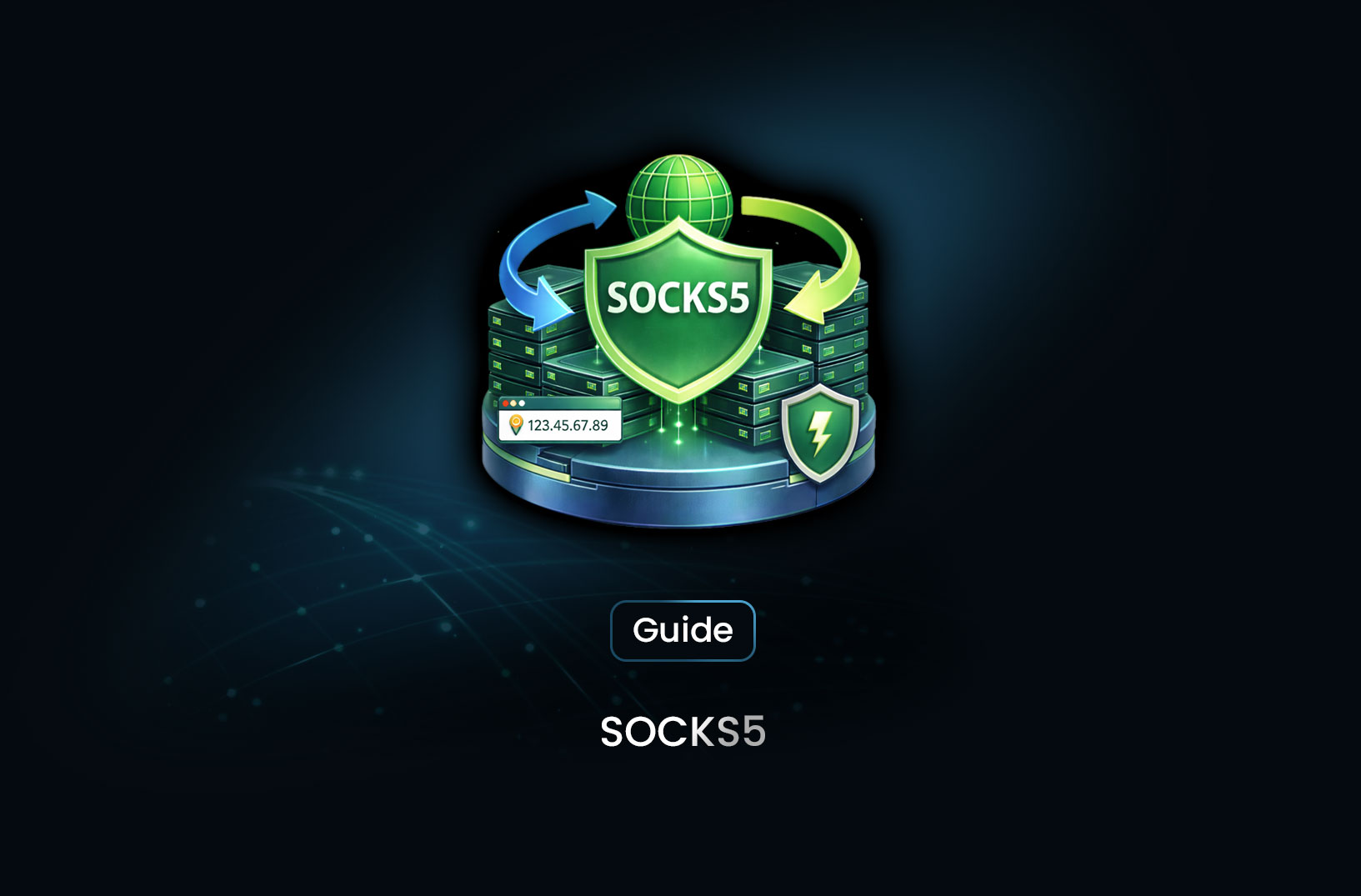
The Complete Guide to Becoming a Business Intelligence Developer
ArticleExplore what a business intelligence developer does, the core skills required, typical responsibilities, career outlook, and how to break into this in-demand tech role.
What Is a Business Intelligence Developer?
A business intelligence (BI) developer is a technology professional who transforms raw data into meaningful insights to support business decisions. They design and maintain BI tools, dashboards, data models, and reporting systems that allow stakeholders to monitor performance and act on trends.
Unlike data scientists who focus on building prediction models, BI developers emphasize data infrastructure, visualization, and analytics pipelines to make data accessible and actionable.
Key Responsibilities
Typical responsibilities of a BI developer include:
- Designing and developing data models, schemas, and warehouses.
- Building ETL (Extract, Transform, Load) workflows to bring in data from various sources.
- Developing dashboards, reports, and visualizations with tools like Power BI, Tableau or Looker.
- Communicating with business users to capture requirements and translate them into analytics solutions.
- Ensuring data quality, performance tuning, and optimizing queries for fast retrieval.
Essential Skills & Technologies
To thrive as a BI developer, you’ll typically need a mix of technical and business-oriented skills:
- SQL and database expertise: Designing tables, indexing, query optimization.
- Data modeling and warehousing: Understanding star schemas, dimensional models, OLAP.
- ETL/ELT workflows: Pipes to collect, clean, and load data into analytics systems.
- BI tools & visualization: Power BI, Tableau, Qlik, or similar for reporting.
- Business acumen & communication: Translating technical results into actionable business insight.
- Data governance & quality: Ensuring accuracy, reliability, and performance of analytics systems.
Education & Career Path
Typical Background
Most BI developer roles require a bachelor’s degree in fields like computer science, information systems, data analytics, or business intelligence.
Career Stages
- Entry-level/Junior BI Developer: Focus on reports, dashboards, basic ETL.
- Mid-level BI Developer: Handle data modeling, architecture, complex dashboards.
- Senior BI Developer / Lead: Own BI strategy, mentor juniors, integrate predictive analytics.
- Manager / BI Architect: Oversee BI teams, define enterprise analytics strategy.
According to industry sources, demand for BI developers is growing as companies invest in data-driven decision-making.
Salary & Job Outlook
While pay varies by region and experience, BI developers generally receive competitive salaries given the strategic value of their role. For example, average salaries in technical markets tend to be high, reflecting the demand for data skills.
How to Break Into the Role
Here are steps to get started as a BI developer:
- Develop strong SQL and data-warehouse fundamentals.
- Build hands-on experience with BI tools like Power BI or Tableau through self-guided projects.
- Create a portfolio of dashboards and reports you’ve built.
- Gain familiarity with ETL processes, data modeling, and business KPIs.
- Learn to engage with business stakeholders and translate requirements into analytics solutions.
- Stay updated with trends in BI—cloud data platforms, real-time analytics, embedded BI.
Challenges & Considerations
- BI roles often require both technical depth and business understanding, which can be challenging to combine.
- Keeping analytics solutions performant and scalable across large datasets is a continual effort.
- BI developers must adapt to changing tools, technologies, and business requirements rapidly.
Why It Matters
A skilled business intelligence developer empowers organizations to move from gut-feel decision-making to insight-driven strategy. By enabling real-time dashboards, accurate forecasting, and data-driven culture, BI developers become strategic assets in modern businesses.
Find more insights here

How to Use a SOCKS5 Proxy Server
A SOCKS5 proxy is simply a piece of infrastructure that sits between your device and the internet an...
.jpg)
Spotify Profiles Search Scraper: How It Works and Why Developers Use It
Unlock music market insights by scraping Spotify user profiles. Learn the best tools for keyword-bas...

Facebook Marketplace API: What Developers Need to Know in 2026
Learn why Meta doesn't offer a public endpoint and discover the 3 best ways developers programmatica...
